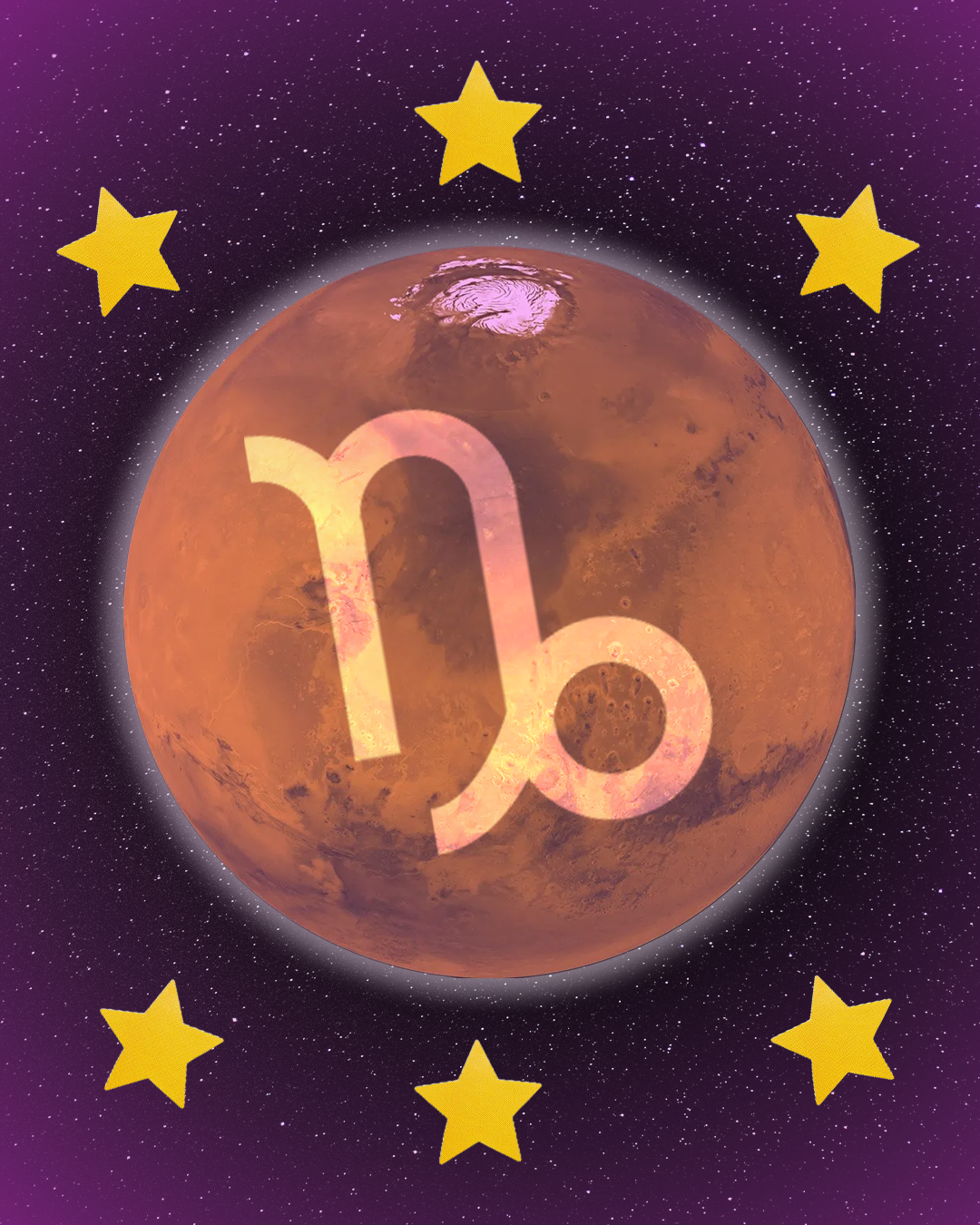
We can't trust beauty products reviews anymore And it's Artificial Intelligence's fault
When, searching through your beauty case, perhaps in anticipation of the summer season, you suddenly realize you need a new product, you want to replace an old foundation, that you hadn't thought enough about lip care or foot care, and so you have a whole new routine to experiment with and build, who do you turn to? What or who do you trust the most? The question is tricky. The beauty industry is, naturally, a billion-dollar industry that needs to sell to survive, and advertisements inevitably reflect this need. Influencers are in the middle, they sell but also test, they become the faces of products they trust, and we trust them almost always. Then there are the professionals and experts who work in physical stores, but sometimes purchases have to be made online. What remains, as a last bastion of salvation, are our friends and online reviews, which in theory are written by people just like us, and for this reason, they are deserving of trust. Or not?
Online beauty reviews: here comes Artificial Intelligence
The truth is that online reviews can also be manipulated. It's happened before. In 2018, some brands were involved in scandals related to fake reviews written by employees. And the five-star ratings pour in. Now, thanks to - you guessed it - Generative Artificial Intelligence, falsifying reviews is even easier and faster. Just think of ChatGPT. With this free tool, which reached the mainstream just over a year ago, hundreds of reviews mimicking real ones can be generated in just a few seconds, and they are also quite credible, often (but not always) indistinguishable from real ones. A risk for our wallets, but also for our well-being, especially when it comes to skincare, make-up, and beauty.
@thelawyerangela why we have trust issues on the internet #lawyer #lawtiktok #lawyersoftiktok #sundayriley #fakereviews original sound - LAWYER Angela
The numbers of the phenomenon
Fake reviews have become a business of their own, run by fraudulent companies that implement them through bots and Artificial Intelligence. This was discovered by Fakespot, which identifies them. According to a 2021 report from the tool founded by former hacker Saoud Khalifah, about 31% of reviews on sites like Amazon, Walmart, eBay, and Shopify e-shops are unreliable. "In the past, you would see a grammatical error and think hey, that's not right, it doesn't sound like a human. Now it happens much less, fake reviews are getting better," explains Khalifah. As Business of Fashion reports, things get even more complicated when AI is used by the platforms themselves to help users complete reviews, making them hybrid, correct in intention but actually adding another element of confusion that makes it even more difficult to distinguish the true from the false, the natural from the artificial.
@thebeautepost Searchbeaute.ai made me buy it! Ai recommends the best beauty products! #frenchskincarereview #beautyeditor #searchbeauteai #beautytechtok #aibeautytips #chatgptbeauty #aibeautytok #aibeautytips #beautytips #globalbeautytips #bestbeautyproducts2023 #beautytrends2023 #skincarehaul2023 #jbeautymusthaves #aibeautyindustry #greenscreen Jericho - Iniko
Artificial Intelligence aiding in reviews
Bazaarvoice - a company that sells software enabling companies and platforms to collect and display user-generated content (UGC) - has recently launched three new AI-powered features, including a tool called Content Coach that provides users with suggestions on key topics to include in their reviews based on common themes in others. Suggestions for a review of an eyeliner, for example, might include "pigmentation," "precision," and "ease of removal." Of course, they are intended to be neutral. Are they really? It's impossible to measure, what's objective is that if a review is "assisted," it becomes less personal, less thoughtful, and more uniform.
A trust issue that goes beyond reviews
Advertisements exaggerate, influencers are often lavishly compensated to love the latest products and releases, online shop reviews are fake and deceitful, generated by bots and algorithms. Consequently, and inevitably, trust declines and frustration rises. We're tired of being recipients of more or less subtle advertising, and if while receiving and interpreting this advertising we also have to be fooled by Artificial Intelligence, then we might as well go back to word of mouth, to exchanging opinions with friends over coffee. Risking making a wrong purchase, but at least on our terms.
@beautyforeverybody Not accusing her of anything but before trusting her reviews I do my own research #fyp #mikayla #mikaylanogueira #mikaylanogueiradrama #lashgate #lashgate? #lashgate2023 #mikaylalashgate Spongebob Trap - Unay
Anti-fraud regulations in beauty reviews
In the United States, something is happening, although not quickly enough. In 2023, the Federal Trade Commission proposed introducing a Trade Regulation Rule on the Use of Consumer Reviews and Testimonials, to punish anyone presenting false reviews, suppressing negative ones, and offering incentives for positive ones. If approved, this regulation would provide civil penalties for offenders and should help not only honest companies but also consumers, who according to consumer advocacy groups lost around $28 billion due to fake reviews in 2021. An opportunity more than an imposition for the beauty world, which can try to rebuild a relationship of trust based on transparency and a better online shopping experience.
























































